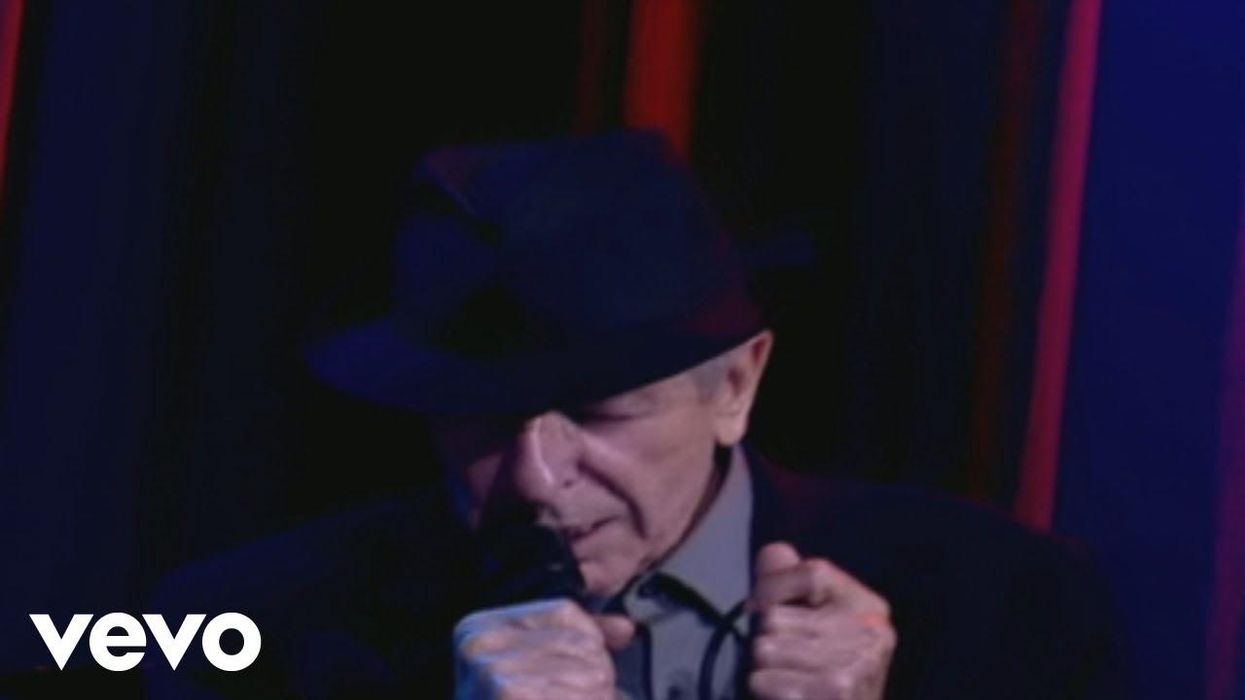There is no doubt 2021 was a bad year for our democracy. Jan. 6 was a disastrous start and it never got better. The year passed with a growing toxic environment; the increasing avalanche of disinformation and conspiracy theories being manufactured and spread by hyperpartisans threatened to divide us as a nation.
No doubt there is a real threat to our constitutional republic form of government, calling into question the very foundations of our democracy, not to mention our personal mental health, social and political cohesion, security and justice.
And now that it’s an election year, the rhetoric is only heating up in advance of the midterms.
As I take it all in, I can’t help feeling what the late Canadian singer-songwriter Leonard Cohen expressed years ago when he said, “I love the country but I can’t stand the scene.”
These words ring true today as the barrage of divisiveness can be overwhelming at times. But being an optimist by nature I turn to history and often to the artists of different times to help in my reflections.
And so I revisit “Democracy,” a song written by Cohen in 1992, when he questioned the great experiment of democracy but through it all had an abiding optimism about the possibilities:
He sings of democracy either coming to America if we succeed or not if we don’t:
“It’s coming through a crack in the wall,
on a visionary flood of alcohol;
from the staggering account
of the Sermon on the Mount
which I don’t pretend to understand at all.
It’s coming from the silence
on the dock of the bay,
from the brave, the bold, the battered
heart of Chevrolet:
Democracy is coming ... to the U.S.A.”
In 1993, television host Jools Holland asked Cohen if he was an “optimist.” He replied:
“You know everybody’s kind of hanging on to their broken orange crate in the flood, and when you pass someone else, you know to declare yourself an optimist or a pessimist or pro-abortion or against abortion, or a conservative or a liberal, you know these descriptions are obsolete in the face of the catastrophe that everybody’s really dealing with ‘Democracy’ is a damaged float in the catastrophe, and to it clings a bit of broken expectation.”
In 2019, more than 26 years after wrote the song, he sang it live again in London:
Listen and decide for yourself whether he is singing of hope or despair:
Leonard Cohen - Democracy (Live in London)
Leonard Cohen - Democracy (Live In London) (Official Video)Listen on Spotify: https://smarturl.it/lc_spotify Listen on Apple Music: https://smarturl.it/lc_ap...Yes, our democracy is damaged. But the optimist in me believes “We the People” can make it work.
Do you?




















Trump & Hegseth gave Mark Kelly a huge 2028 gift